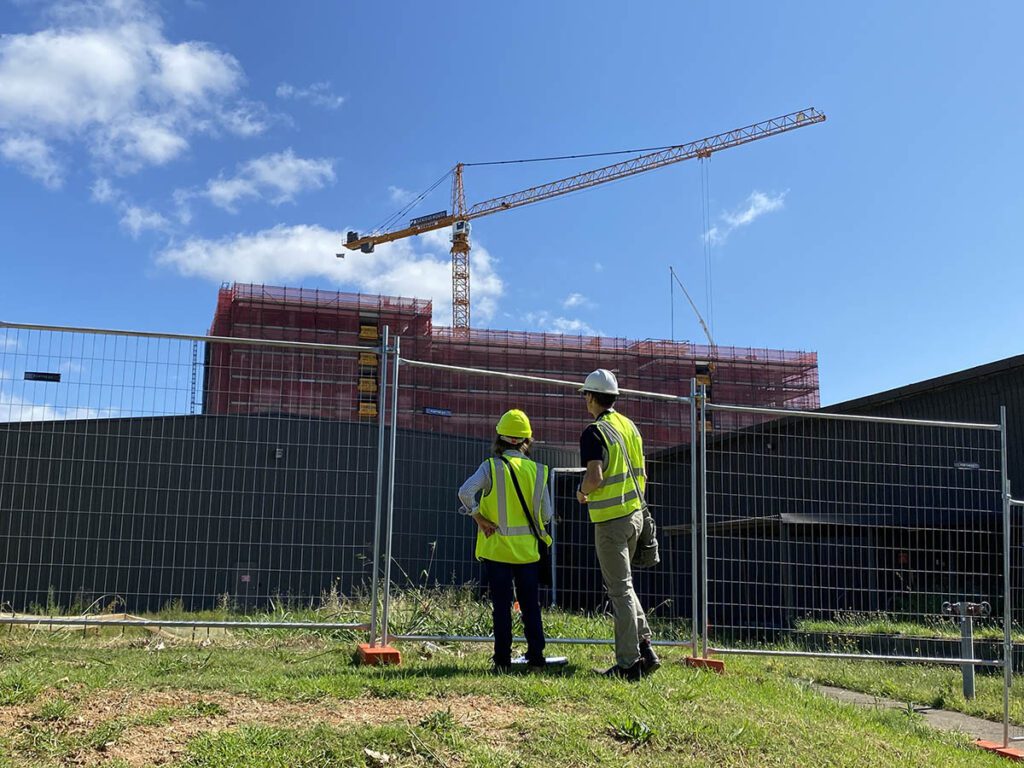
Campbelltown builders and developers are being encouraged to safeguard their construction materials from strong weather events to prevent pollution of local waterways as part of the Get the Site Right campaign this month.
Get the Site Right is held each year to remind builders and developers from across NSW about the importance of securing their sites and protecting the environment, with the 2024 campaign focusing on pollution prevention through securing construction materials.
Officers from Campbelltown City Council and the NSW Environment Protection Authority are participating in a week-long compliance inspection blitz in the Campbelltown area that started on October 14 and ends tomorrow.
“It’s important that we take steps to do all we can to protect our local environment which is why the Get the Site Right campaign focuses on ensuring builders and developers are doing the right thing and securing their building materials,” says Campbelltown City Council CEO Lindy Deitz.
“Developers and builders are urged to be proactive and ensure that their sites are compliant with these inspections which occur throughout the year,” Ms Deitz.
The October 14-18 inspection blitz will follow the recent increase in the value of penalty notice fines under the Protection of the Environment Operations Act by the NSW Environment Protection Authority.
Many common offences, such as committing water pollution or non-compliance with a clean-up notice, now have increased fines including:
$15,000 for a first offence and $22,500 for a second offence for individuals.
$30,000 for a first offence and $45,000 for a second offence for corporations.
The last inspection blitz in May of this year saw compliance rise by 5 per cent compared to the previous campaign in October 2023 while more than 70 per cent of sites met safety standards after a second inspection.
The general public are encouraged to report any pollution incidents, including poor sediment control, to their Council or the EPA’s 24/7 Environment Line on 131 555.
